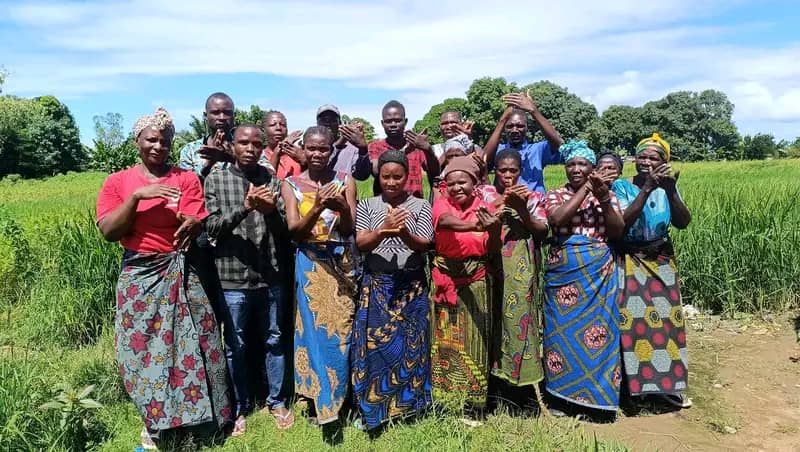By Burnett Munthali
COMSIP says it will buy crops from 639 savings and loan groups they are working with in 14 districts under Legumes Enterprise Structured Program (LESP).
Comsip spokesperson Mercy Kayuni told Zodiak that through LESP they supported Comsip groups with money to procure best seed varieties,fertilizer and pesticides during this year’s farming season.
According to Kayuni,the LESP program is aimed at enhancing food security and income generation among savings and loan groups .

She added that One billion Kwacha was invested and the program targeted Comsip members benefiting from social cash transfer and climate smart program.
Within Malawi, groundnut is the most important legume and oilseed crop both in terms of the total area cultivated as well as production.
The choice of legume depends on when the cover crop will be planted. For summer planting, use warm-season legumes like Southern peas or soybeans. For planting in the fall, choose cold-hardy legumes like peas. Clover and alfalfa are classic cover crops; both germinate best at warm temperatures.
*Ways to improve your food security:*
Get to know your local farmers. Free or reduced lunch at school. Learn food preservation methods. Local food banks. Improving budgeting for food. Supplemental Nutrition Assistance Program (SNAP)
Income generation can help to overcome food insecurity when economic factors
are a fundamental cause of food insecurity and when food is available in local markets
but lack of money is the main difficulty faced by the vulnerable population. However,
the promotion of income generating activities is not a recipe that can be applied in any
type of situation. An initial food security analysis of the context and the problems
faced by the vulnerable population is essential in order to decide the kind of response
that is best suited to each specific case.
These investments reduce hunger, increase crop production, grow household assets, and result in significantly more children going to school instead of working to help support their families. In addition, the cash transfers benefit the local economies.
The main objectives of the Social Cash Transfer Program (SCTP) are to reduce poverty and hunger, and to increase school enrolment. The programme began as a pilot in 2006 in Mchinji District and was subsequently expanded to an additional six districts in 2007.


